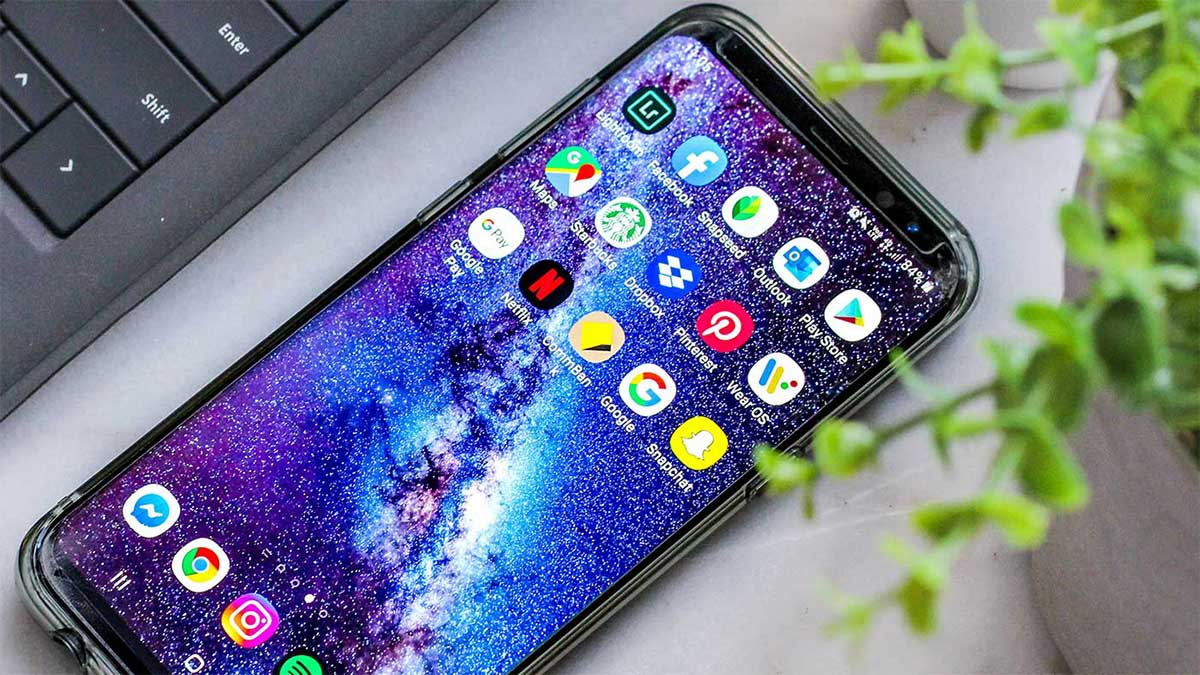Android Apps vs iOS Apps: What to Choose for Your Business? It’s a question many business owners are asking.
Android Apps and iOS apps are both excellent choices for businesses. Android apps offer a vast range of features and can be created at a relatively low cost. iOS apps, on the other hand, offer an extremely polished user interface and provide users with a more consistent experience than Android apps do.
Which one you choose will depend on what you need from your app, but before embarking on Android & iOS app development services, it’s worth considering some of the key differences between them.
This article will help you make that decision by identifying some key differences between Android and iOS app development, as well as what each platform offers businesses like yours.
Android Apps vs iOS Apps: Important Factors To Consider

The Kind of Target Audience
While iOS users dominate in certain regions, others are hotspots for Android users. When deciding between the iOS and Android operating systems, businesses should consider the geographical popularity of both platforms and the locations that correspond.
Overall, emerging markets such as Latin America, Asia, and Africa are more likely to use Android. Apple is still the preferred operating system in Europe and the United States. The Android platform is great for business apps that want to reach a global audience, whereas the iOS platform is better for eCommerce and corporate apps.
Cost Difference
When it comes to designing custom apps, each business will have a budget in mind. This is another key factor to consider before deciding on a platform.
Developing an Android app requires 30 to 40% more effort and time but is more reasonable in terms of app rollout time. To publish an Android app, all one needs to do is pay a one-time fee of $25. Meanwhile, individual developers must pay an annual fee of $99 for an iOS app, while publishing companies must pay $299.
Revenue Generation Difference
It is critical to consider revenue generation based on estimates provided for both iOS and Android since it is crucial to the long sustainability of a business. If you want to earn money from your app, iOS is said to make more money than Android.
According to research company Sensor Tower, in 2020, App Store mobile revenue was over $72.3 billion, while Google Play revenue was around $38.6 billion.
Both iOS and Android have different monetisation systems. iOS is dependent on subscriptions and in-app purchases, whereas Android is based on ads. This should help you figure out which one would work best with your particular business model.
App Maintenance
Aside from the development phase, another critical aspect of a business app is its maintenance throughout time. For easy maintenance of any operating system, timely OS updates are essential. According to reliable sources, more than half of Android smartphones are still running on operating systems almost two years old or older. On the other hand, most iOS devices run on the most recent OS versions.
App Security
When it comes to security and privacy, iOS has stronger security and privacy features than Android OS. The fact that iOS is a closed system contributes to its enhanced security. As a result, users do not have access to source code and cannot modify it, making it very difficult for hackers to find vulnerabilities.
On the other hand, Android is an open-source system, which means that the code is made available to OS users, who can make whatever changes they want.

Android Apps vs iOS Apps – Pros and Cons
Choosing the right platform for your business is critical. Android and iOS are two of the most popular operating systems in the world. Here’s a look at the pros and cons of each:
Android Pros:
- According to Statista, almost 70% of the smartphones in the world run on Android
- The platform is free and open-source, allowing users to customise it as they wish.
- Android is a very versatile platform and can be used on a wide range of devices, including tablets, TVs, and cars
- Android offers more freedom to developers than iOS. This means that developers can create a wider range of apps for Android, including those that use more complicated features.
Android Cons:
- There are many different versions of Android, which can make it difficult to develop an app that works on all devices. This problem is compounded by the fact that not all Android devices are updated with the latest version of the operating system.
- Android apps come with their own set of security issues. The fact that Android is an open-source operating system is a beneficial thing since it allows developers to customise their apps however they want. However, the openness of the code makes it vulnerable to various security threats.
iOS Pros:
- iOS is used by around 25% of the world’s smartphone users
- The operating system is closed source, which means that developers must comply with Apple’s rules and regulations. This can be a downside because it can lead to apps being rejected from the App Store, but it also means that Apple maintains high standards for its apps, and users can be confident that they’re getting a quality product
- iOS is remarkably consistent across all devices, which makes it easy to develop an app that will work on all of them
- Apple offers a lot of support to developers, including marketing and development tools
iOS Cons:
- Developing an app for iOS is usually more expensive than developing an app for Android.
- iOS is not as versatile as Android. It can only be used on Apple devices, meaning that developers can’t reach as wide of an audience.
- Apple is stricter about the types of apps allowed in its App Store. To have a shot at being approved for inclusion, an app must be well-designed and have high-quality content.
Android Apps vs iOS Apps: Which Should You Choose?
Android and iOS development both have their advantages and draw a significant portion of the audience’s attention.
However, when it comes to developing an app that a large number of people will use, developers should consider both platforms. The benefit of using both is that you’ll reach a larger audience than if you just develop for one platform. There’s also the benefit that users on each platform expect different things from apps they use, so having an option available catering to those needs may result in better sales.
Do get in touch with us to talk about your project requirements. We will help you in selecting the best solution for your business.
We are an award-winning app development agency with extensive experience creating remarkable digital success stories for a wide range of businesses. Contact us today if you want help choosing the right platform!




